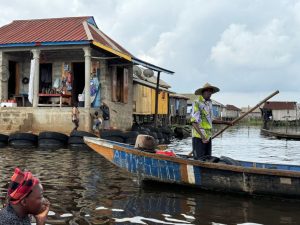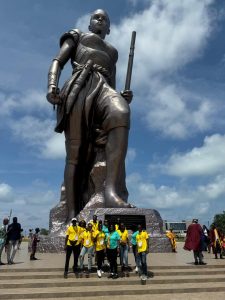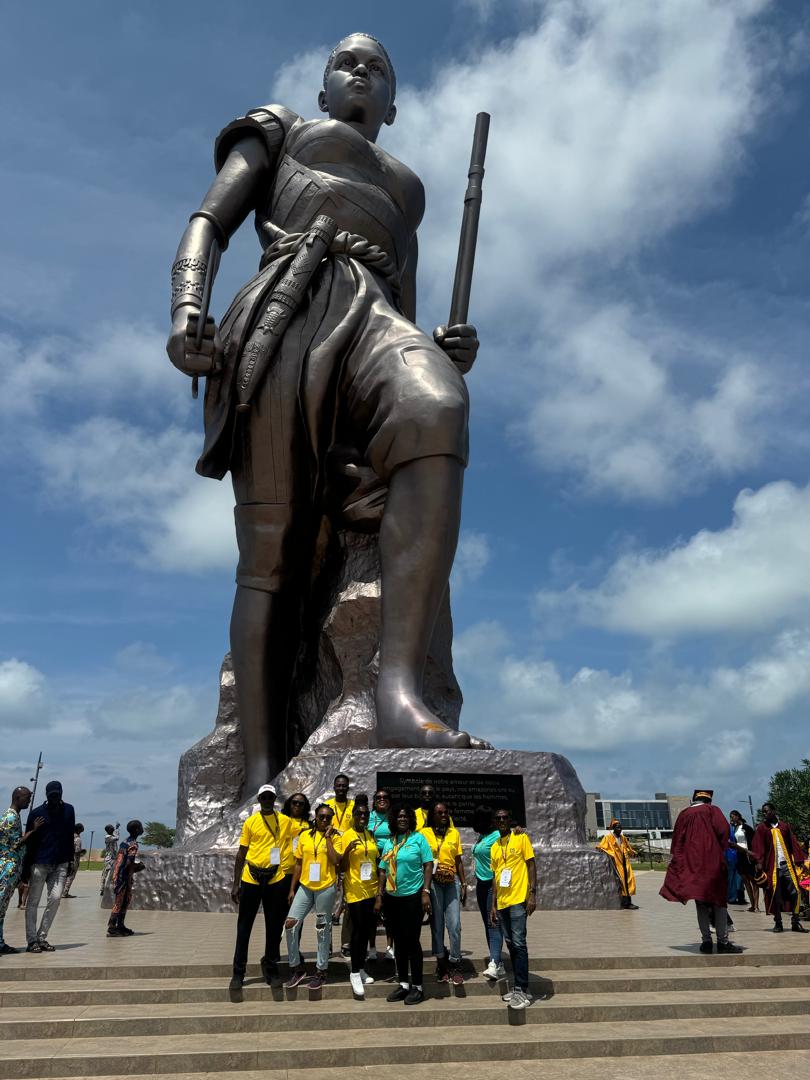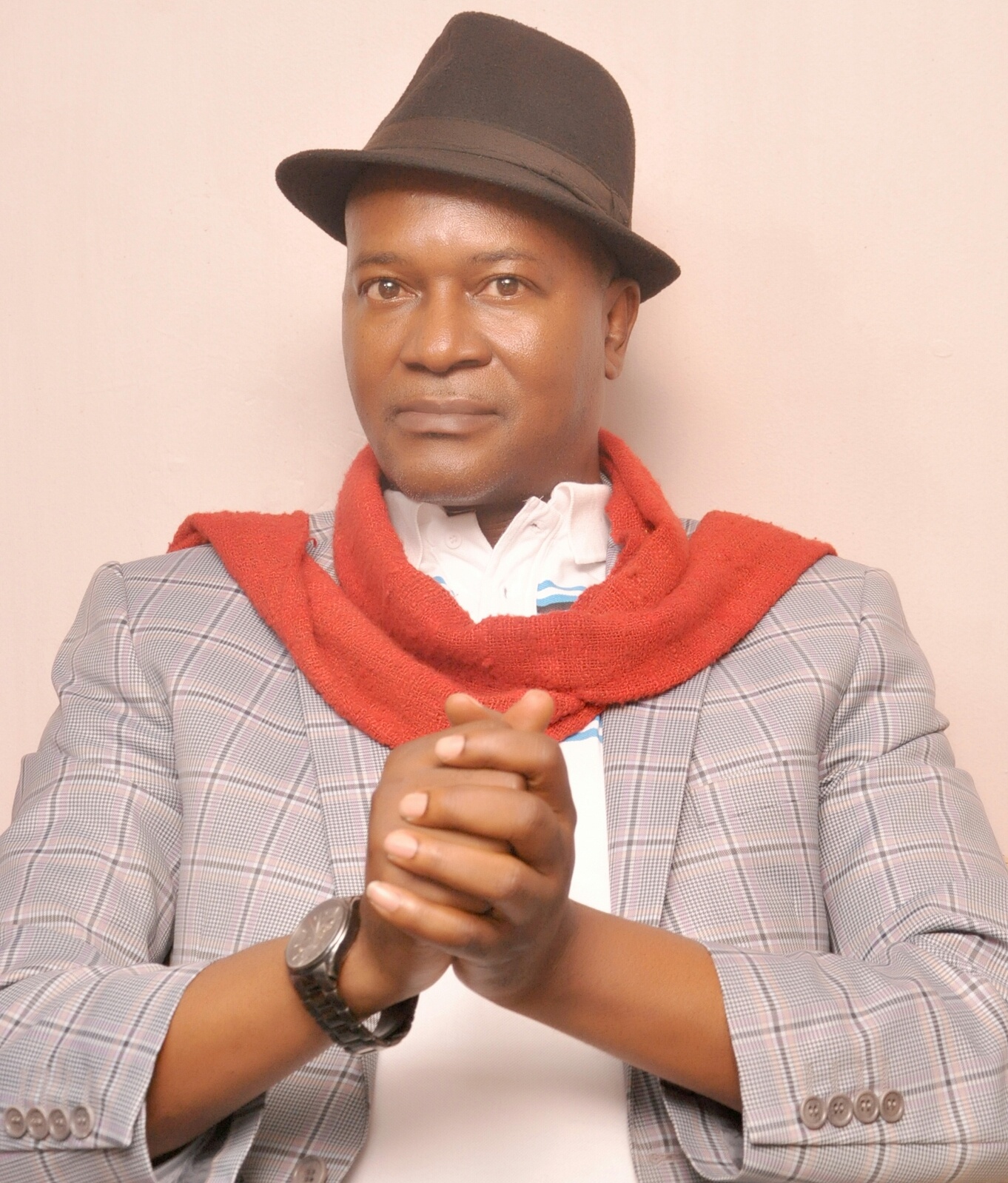
A group of tour operators and journalists embarked on road trip recently from Nigeria to Ghana to attend the Accra Weizo, West Africa travel expo; visiting tourist attractions in Benin, Togo and Ghana. Chinedu Eze who was part of the team reports that a country known for Voodooism, Benin has unexplored cultural trends and a way of life that the world will be interested in.
When the world talks about the Amazons they may be referring to the female warriors in Greek mythology, who dwelt in the region of modern-day Ukraine, led by Penthesilea and Hippolyta, who according to the mythical tales, took part in the Trojan War.
Amazons of Dahomey
The word is also loosely used to refer to the female warriors of Dahomey, beyond the myths of the Trojan War to history of slavery in West Africa and colonialism.
The Benin Republic may be the miniature of what remained of the Kingdom of Dahomey that existed from about 1600 until 1904. There dwelt the Fon people who in the 18th Century became a regional power by expanding south to conquer key cities like Whydah located at the Atlantic coast and ventured into the Oyo empire at the wee hours to the peak of the slave trade.
The Amazons of West Africa, which refers to the female warriors of Dahomey who held sway during certain epoch in the history of the Kingdom, contributed significantly in sustaining the existence of Dahomey until it gave in to the French conquest.
This history is captured in one of the highest statues in Africa of a female warrior near the Marina Palace in Cotonou City. According to the Benin Republic Tour Guide, Alex Amoussouei, who recaptured the history of the female warriors to us, the leader of the female warriors was Tassi Hangbe.
Amoussouei recollected while he assembled with us, as we gazed at the giant 30-metre statue of the Amazon warrior, who defended the Dahomey Kingdom. He told us that Queen Tassi Hangbe was denied her right of recognition for centuries by the various Beninois governments based on her gender, but in 2021, the present government in the country, led by Patrice Talon, recognised the courage, resilience, bravery and determination of the warrior and the only female King in the Dahomey Kingdom.
The emergence of Hangbe to the throne of Dahomey Empire was unplanned, Amoussouei narrated; but like a brave woman that she was, she was able to liberate the entire kingdom from invaders from the old Oyo Empire, the French and other empires who sought to take over and dominate the kingdom in their expansionist drive.
In the course of defending the Dahomey Empire, Queen Hangbe also empowered the women, trained them as warriors who guided the kingdom and fought bravely the many attackers who attempted to dominate the kingdom, while their male counterparts took care of home chores.That is a reversal of duties in the well-known chauvinistic African soil.
Hangbe was born a twin with her twin brother, King Akaba, ascending the throne of Dohomey, but in one of the wars with the old Oyo Empire, King Akaba was wounded and later died in his palace, a sad incident that gave Hangbe the unexpected rise to the throne of Dahomey Kingdom, though with massive rejection and internal resistance from her own people.
Hangbe ascended the throne because the oldest son of his twin brother, King Akaba, Agbo Sassa, was not of age to take over from his late father.
“Though her reign was short-lived, having ruled the empire for just three years, she made a memorable impression on the minds of the people of the Kingdom, especially their women, which still makes them the warriors they are till date. A Dohomey lady is as energetic as her male counterpart with massive freedom.
Though Hangbe, the Queen from Dahomey Kingdom was denied recognition and accolades by the previous governments in Benin Republic due to discrimination against women for more than 300 years, she finally got her deserved recognition for her impact, despite being a woman,” Amoussouei intoned.
The Floating Village of Benin
What is remarkable about life is that almost exact the same thing could be happening in different part of the world, unrelated and with different origins. That could be said of Maroko and the Floating Village of Benin. In Maroko, Nigeria, low income people evicted from their hitherto homes, made up of Ilaje, Ijaw and Yoruba people, decided to build their home on water. That was a recent history.
But in Benin Republic, during the peak of slave trade in 1700, a people decided to run away from known areas invaded by slave hunters in the territory known today as Benin Republic. The people decided to build their home on water, which had low ebb and tide, which later expanded to a community. That was the genesis of Ganvie, otherwise known as Benin’s floating village.
Ganvie is an example of the dynamism of man to adapt to reality of survival. The community on water is accessed on the road to Nokoué Lake. The people have so attuned their lives to living in water that living on land has become unnatural and an aberration. The guide who doubled as our boatman who took us to the inner recesses of the village on water told us, with the aid of interpreter, that Genvie is a home with hospital, school, market, churches and mosques and burial ground.
Many of the activities, including the market are conducted in boats: the woman who is selling clothes, the woman selling vegetables, the young girl who queued her boat to fetch water from a borehole provided by government to two middle-aged women who chose to use the mid-morning to gossip. Each woman was sitting on her boat and the two brought their boats to embrace each other and sat in their comfortable ‘home’ to gossip away the day.
In his undulating voice interspersed by interruptions from his colleague, the boat man rendered his tale; interpreted by the delectable polyglot, Mrs. Olamma Ojukwu, a tour operator and co-owner of Gota International Group. “Nokoué Lake, a natural wonder, is the lifeblood of Ganvié, a village established in 1717 after a historic conflict between the Ajatado and Abomey Kingdoms. Spanning an impressive 115 square kilometers, Ganvié is home to about 35,000 people, creating a unique community that thrives on water.
“At the lake’s edge, a diverse crowd gathers daily, each person with their own purpose. Tourists, eager to explore the famed floating village, mingle with locals, market vendors, and even beggars, all converging for their daily activities.”
The men who seemingly idled away that morning had spent the night fishing. The women and children who were so active, seem to dictate the diurnal activities and rhythm of the community. A woman plaiting her hair, two young girls working in a hair salon, probably waiting for customers in a wood contraption that stood on stilts. Life seemed so precarious but to know that this is the life a people know all their lives, from their birth to their grave, brings moments of sobriety to most of the visitors.
Our guide continued with his tale. He told us that the lake itself undergoes a fascinating transformation throughout the year. During the rainy season, the water is fresh and reaches depths of 3 to 4 meters. In the dry months, the lake becomes salty and shallow, only about 1.5 meters deep. For nine months, the water remains salty, and for three months, it turns fresh and inviting.
There are different sections of the community on water, which tourists who visit cannot recognize. In the water and amidst the structures are rendezvous for lovers; parties and where the young ogle and frolic when the sun hides its rays beyond the lake. These wooden homes require maintenance, with the wood being replaced every decade.
The markets, vibrant and bustling, resemble those on land, with hawkers and food vendors seeking patronage; as they paddle their canoes from street to street, meandering through the seemingly perilous contraptions from diverse elements including woods, tyres, irons and reeds.

“The residents of Ganvié are known for their hospitality, welcoming visitors with open arms. However, they hold a shared memory of past ridicule from those on land who mocked their distinctive walking style. Accustomed to moving in canoes and swimming, the villagers’ walk, akin to a crab’s, seemed unusual to outsiders.
Children in Ganvié are taught to swim from birth, earning them the nickname “fish” due to their exceptional swimming skills. But they find it difficult to walk on land and when they do, they walk like crabs in a swashbuckling manner. Sometimes the indigenes of the water community travel to live on land, but their nostalgia always take the greater of them and often return to their home to breathe the air of their birth and frolic with their peers.
Benin Royal Hotel
No one could imagine that such beautiful facility could be found in Cotonou, the Benin Royal Hotel. A Nigerian can travel the world, go to different continents, only to discover that few minutes’ drive from Seme border lies a haven of peace and tranquility.
It was at Benin Royal Hotel we had our dinner on the first day of the trip, where Hon. Dine Bouraima the owner of the hotel was inducted as Patron of Africa Sports Tourism Awards (ASTA) and the organizer of Accra Weizo, Ambassador Ikechi Uko spoke about West Africa becoming a domestic market.
While appreciating Bouraima, Ambassador Uko observed that seamless travel can bring everyone together in the sub-region, “To connect West Africans, to see themselves as brothers. We are the first in Africa to start traveling without a visa and passport protocol. We embraced free movement. West Africa started it before every other part of Africa. But today, we are way behind. They have moved further ahead of us. They travel with their ID cards. They are linked to their telephone. So, if I need to make a call from Ghana, it’s broken; even from the border. So, we need a SIM card from Benin, a SIM card from Togo, and probably a SIM card from Ghana. So, we have not made progress.
“Even in aviation, West Africa ought to be a domestic market. Like, we are paying airport tax for Ghana, airport tax for Nigeria, airport tax for Togo. So, if you are flying by air within West Africa, it is more expensive because of the taxes”.
So much yet unexplored lie in the bosom of West Africa defined by the Atlantic Ocean and remarkable flora and fauna; a culture with vales running across different ethnicities of a people largely divided by different colonial experience.






